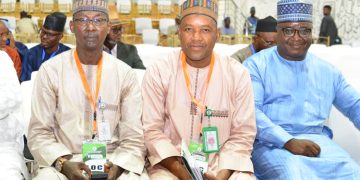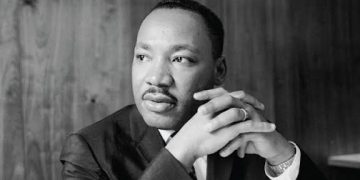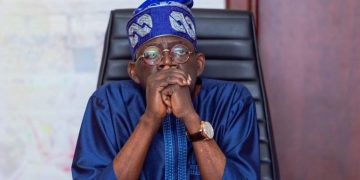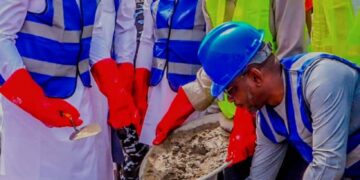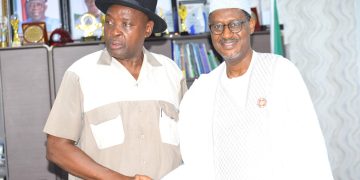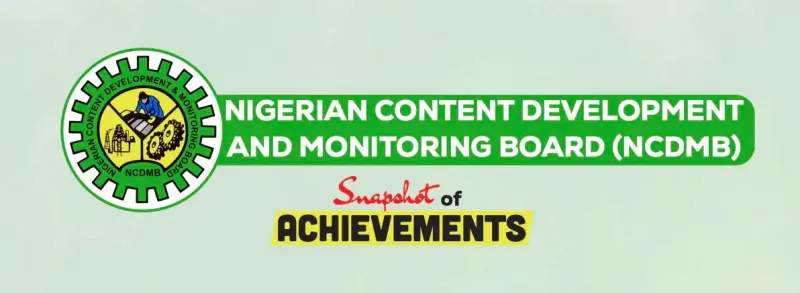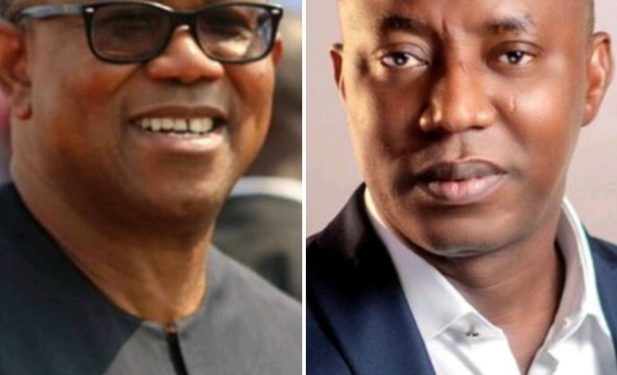As Nigeria approaches the 2027 general elections, two prominent figures have emerged as potential game-changers in the country’s political landscape: Peter Obi, the former governor of Anambra State and Labour Party’s 2023 presidential candidate, and Omoyele Sowore, the activist, journalist, and perennial presidential contender under the African Action Congress (AAC).
The stakes are high. With corruption, insecurity, economic collapse, and social inequality defining Nigeria’s present realities, many Nigerians see 2027 as a defining moment that could alter the destiny of Africa’s most populous nation.
Nigeria’s constitution guarantees every citizen aged 18 and above the right to vote, provided they are registered and listed in the national voters’ register. Voting, however, goes beyond mere civic duty it is a powerful tool for change. In a democracy where tribalism, corruption, and vested interests have infiltrated not only politics but also religious institutions, the entertainment industry, and influential circles, the people’s choice at the ballot could either entrench the status quo or pave the way for genuine reform.
While all registered voters hold the power of choice, candidates themselves play a dual role: both as aspirants for office and as voters. But in Nigeria, candidacy is tethered to political party platforms. The constitution does not allow independent candidacy, meaning aspirants like Obi and Sowore must rely on political parties for legitimacy.
Peter Obi has consistently projected himself as a pragmatic reformist. He has vowed to stabilize Nigeria within the first two years of his administration if elected in 2027. His immediate focus, he said, would be on security, education, and poverty reduction three sectors he considers fundamental to rebuilding Nigeria.
“My family will not be involved in corruption. Funds will be channelled into key critical sectors,” Obi pledged, adding that his administration would promote strong party opposition and end the widespread practice of political defections by elected officials.
Obi, who won accolades during his tenure as governor of Anambra State, has also been vocal about misplaced priorities in government. “Imagine in this country, people are dying in Benue, Borno, and other parts of Nigeria, yet our leaders are commissioning bus stops and holidaying,” he criticized.
He asserts that integrity and accountability must define leadership. “My past speaks loudly for me. Wherever there was an issue in Anambra, I was there physically. Anybody who wants to serve should be ready to put their life on the line for the lives of Nigerians.”
Obi’s critics, however, question whether his reformist policies would survive Nigeria’s entrenched political establishment and whether he has the will to tackle corruption at its roots.
On the other side stands Omoyele Sowore, a fearless critic of Nigeria’s political elite and a man whose activism has earned him international recognition as a human rights advocate. His message resonates strongly with Nigerians frustrated by corruption, inequality, and state failures.
Sowore insists that the AAC is the true alternative to the ruling class, pledging to flush out corrupt politicians and redeem the country. “We are very confident that with the people’s support and partnership, the AAC shall build for the Nigerian people a nation that they will be very proud of. We will traverse the length and breadth of our country, inspiring and uniting our people,” Sowore said.
He paints a grim picture of Nigeria’s economic situation: “The economy is in shambles with the mix of high unemployment, low wages, crippling inflation, and meagre social investments, thus driving people further into poverty.”
To address this, Sowore promises massive investments in public education, critical infrastructure, and especially energy, seeing them as the backbone of sustainable economic growth. His uncompromising stance against corruption and entrenched interests has earned him a reputation as the face of resistance against Nigeria’s failed leadership.
The contest between Obi and Sowore is more than just a clash of personalities it reflects two distinct approaches to governance. Obi presents a pragmatic and institutionalist path, seeking reforms within the existing system. Sowore, however, offers a radical, confrontational approach aimed at dismantling the corrupt structures that have held Nigeria hostage for decades.
The critical question is whether Nigeria’s deeply entrenched political establishment will allow either of these men to assume leadership in 2027. Both face enormous challenges not just from rival political parties but from the culture of patronage, tribalism, and vested interests that dominate the country’s politics.
Ultimately, Nigeria’s future rests in the hands of its citizens. If Nigerians fail to mobilize en masse to vote, they risk leaving the country’s destiny in the grip of corrupt leaders. As observers often say: your vote is your gold.
The 2027 election will not only test Nigeria’s democratic institutions but also its people’s resolve to rise above ethnic, religious, and political divisions. The world will be watching to see whether Nigerians will embrace the promise of reform and accountability, or allow the cycle of corruption and misrule to continue.
This article is written in the spirit of journalism to reflect Nigeria’s 2027 political stakes.
Daniel Okonkwo is a seasoned writer, human rights advocate, and public affairs analyst, renowned for his thought-provoking articles on governance, justice, and social equity. Through his platform, Profiles International Human Rights Advocate, he consistently sheds light on pressing issues affecting Nigeria and beyond, amplifying voices that call for accountability and reform. He is also a professional transcriptionist and experienced petition writer, with over 1,000 published articles to his credit on Google. Many of his works have been featured in Sahara Reporters and other major news outlets. In addition, he works as a ghostwriter, freelancer, and Journalist.











